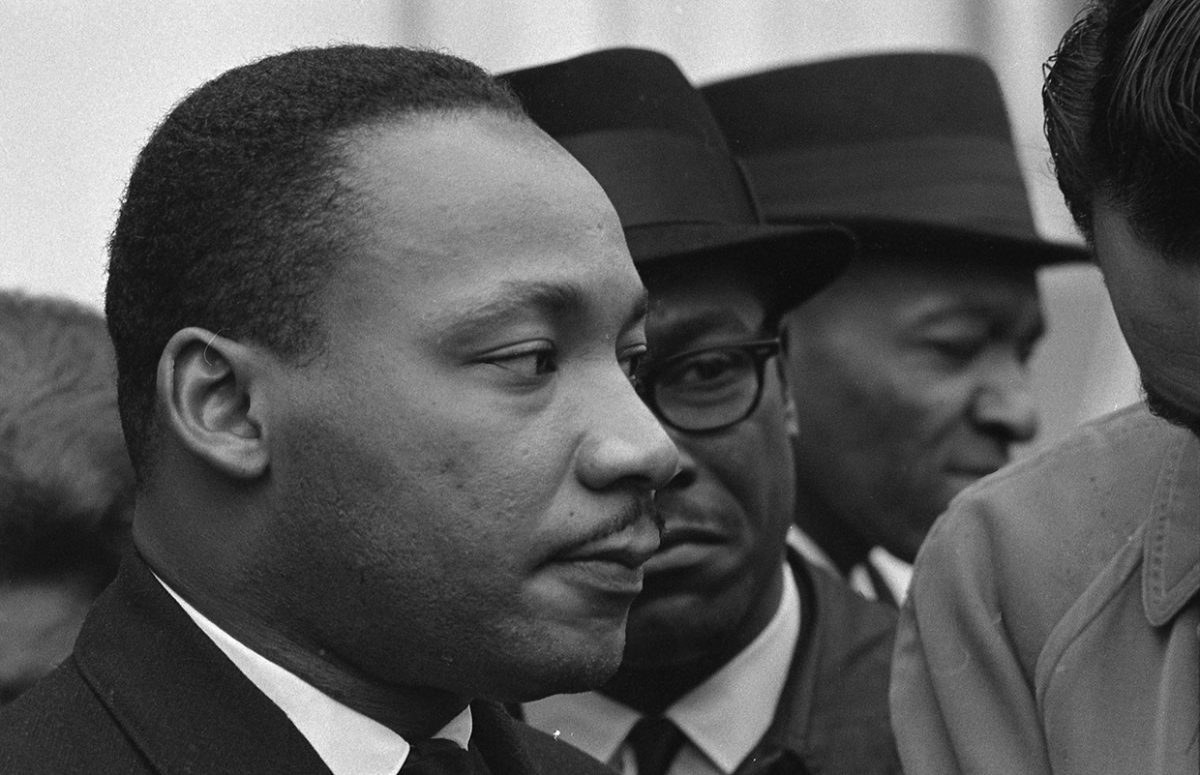Sixty years ago, on 20 December, 1956, Martin Luther King and his fellow campaigners won a first victory in the long battle for African-American civil rights. The Montgomery Bus Boycott, which had begun when Rosa Parks famously refused to move to the back of the bus, finally ended after 381 days, when the Supreme Court ruled bus segregation illegal. But Rosa Parks wasn't the first African American woman to refuse to give up her seat in a Montgomery bus.
Rosa Parks refused to give up her seat on 1 December, 1955. In the previous year, four other women had refused to move seats. On 2 March, Claudette Colvin, a 15-year-old high-school student got on a bus with some classmates. Like Parks, they sat in the seats reserved for African Americans. But there were white passengers who had no seats, and the driver ordered the students to move. The others did, but Colvin had had enough. She was already involved in the fight for civil rights. Like Parks, she was a member of the NAACP (the National Association for the Advancement of Colored People). Her act wasn't pre-meditated but she says, "I just couldn't move. History had me glued to my seat."
Colvin was arrested. Her parents were worried about the risk she had taken, and that it would attract the attention of the Ku Klux Klan. Many of her school friends shunned her. But Colvin wanted to fight. She went to see a lawyer about pursuing the State of Alabama for discrimination. But leaders of the NAACP and the black community generally felt that Colvin wasn't the right candidate for a legal bid. She didn't have the maturity or stature. And it was soon discovered that she was pregnant.
But Colvin wasn't forgotten.
Boycott
When Rosa Parks, a middle-aged, eminently respectable NAACP activist refused to move to the back of the bus, this time the community felt it had found its spokesperson. With Martin Luther King leading the organising committee, the bus boycott began, and continued for more than a year, despite arrests and intimidation.
In parallel, the NAACP decided it was time to challenge bus segregation in court. For legal reasons, it wasn't practical to use Rosa Parks' case, so the NAACP asked four other African-American women who had refused to give up their seats to be the named plaintiffs claiming discrimination. One of them was Claudette Colvin.
On 13 November 1956, the Supreme Court ruled in favour of the plaintiffs in Browder vs Gayle (William Gayle was the mayor of Montgomery). It ruled that bus segregation was not "separate but equal". It took till 20 December for the ruling to be applied to Montgomery buses. The boycott was finally over, and 15-year-old Claudette Colvin had played her part, along with Rosa Parks, Martin Luther King, and thousands of Alabama citizens.
Voice of History
You can hear Claudette Colvin, and more of her story, on this National Public Radio program. It's difficult for pupils but worth a listen.
And this video, with only onscreen text, from Alabama Public Television, is a useful summary, usable from B1.
> Civil Rights: The Montgomery Bus Boycott
Tag(s) : "African Americans" "civil rights" "Claudette Colvin" "Give Me Five 4e" "Information communication citoyenneté" "Martin Luther King" "Montgomery bus boycott" "non-violence" "protest" "Rosa Parks" "U.S. history" "video"





